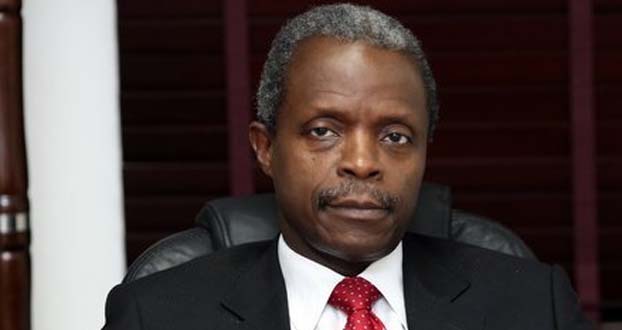Author Box |
 Ketan Patel Ketan PatelJoined 7 years ago From India Total Articles 1 Recent Articles From Author # Do You Know about Remittances Order your favourite books online now, Save the stress & Pay online or with cash at Your Doorstep! |
 |
|
Home >>>News and Society Do You Know about Remittances By Ketan Patel Dec 10, 2016
"Remittances to India, the (South Asian) region's largest economy and the world's largest remittance recipient, decreased by 2.1 per cent in 2015, to $68.9 billion. This marks the first decline in remittances since 2009," the World Bank report said. The US has been the leading source of remittances globally in every year since 1983.Russia,Saudi Arabia, andSwitzerlandhave been the next largest senders of remittances since 2007. Most of the remittances happen by the conventional channel of agents, likeWestern Union,Ria Money Transfer, Al Fardan Exchange, Al Ansari Exchange,Redha Al Ansari Exchange, Xpress Money,UAE Exchange, Intel Express, Merchantrade Asia Sdn Bhd andMoneyGram. However, with the increasing relevance and reach of the Internet, online andmobile phone money transfersfrom companies such asXendpay,Remit2India,Azimo, OrbitRemit,BookMyForexandXoom.comhave grown significantly. There are various schemes and regulations that limit how much money can be remitted and for what purpose. Restrictions and Regulations under FEMA Current any transactions that are prohibited or require outside approval are listed in Section 2 (j) of FEMA. Schedule I of this section lists transactions for which foreign exchange withdrawal is prohibited, Schedule II lists transactions that require approval fromthe Central Government, and Schedule III lists transactions that require approval from the RBI. Prohibited transactions include:
There are many remittance transactions that require RBI approval if they are above a certainamount. For example, private visits per financial year need approval if they exceed US$10,000, and payment for consultancy services procured by Indian companies executing infrastructure projects need RBI approval if they are more than US$10,000,000 per project. Remittance for business visits need RBI approval if they exceed US$25,000. Remitting from NRO (Non-Resident Ordinary)AccountsThe most common accounts from which expatriates remit money are NROs. An NRO account is a savings account where the holder can maintain and manage their income earned in India. Remittances from NRO accounts are limited toUS$1,000,000 per financial year (April-March). To remit from an NRO account, two documents need to be submitted: Form 15 CA, and Form 15 CB.Although these documents can be obtained online, the process of dealing with a chartered accountant is easier with a consultant present in India. Liberalized Remittance Scheme (LRS)The Liberalized Remittance Scheme (LRS) was announced in 2004 as a step towards further simplification of Indias foreign exchange services. It allows individuals, including minors, to remit up to $125,000 per financial year. There are no restrictions on frequency of remittance, but the individual must have an account at an authorized dealer and must designate a branch of that bank, through which all remittances under LRS will be made. Other Remittance SchemesRemittances up to USD $100,000 per financial year may be made for the following purposes:
Telegraphic Transfers & Wire TransfersWire Transfers are considered most secure, reliable and globally accepted remittance mechanism in the world today. We send your money through Banks, which are member of a SWIFT Organization (Society for Worldwide Interbank Financial Telecommunication). Our banks wide network of correspondent banking relationship numbering more than 250 with the world's top banks covering virtually every part of the world ensuring transfer of funds of any amount covering all major currencies. How does it work ?
|
|||||
If you need to re-publish this ARTICLE, please cite this article - (https://cordly.ng/blog/do-you-know-about-remittances-24441/) and the Writer (Ketan Patel) Do You Find This Article Helpful? | |||||
|
Article Tags: | |||||
| Article Source | |||||
 About Ketan Patel About Ketan Patel | |||||
| Social Sharing | |||||
|
If You Enjoyed This Article; Then, Share It On Your Social Network
Copy This Short Link To The Article: https://cordly.ng/i/zMcoY | |||||
| Post Comment | |||||
|
| |||||
| Article Comments | |||||
|
No comment found! Be the first to share your thoughts on this article! | |||||
| Related Articles | |||||






